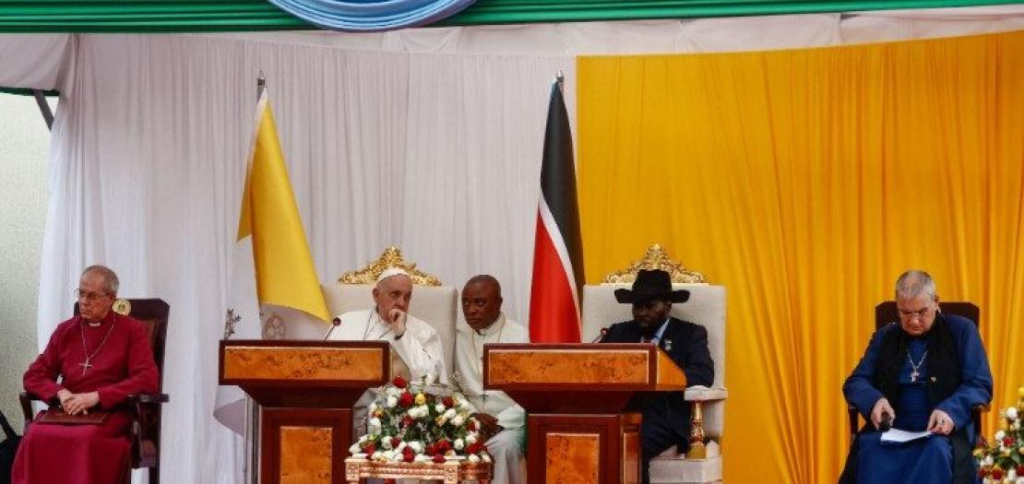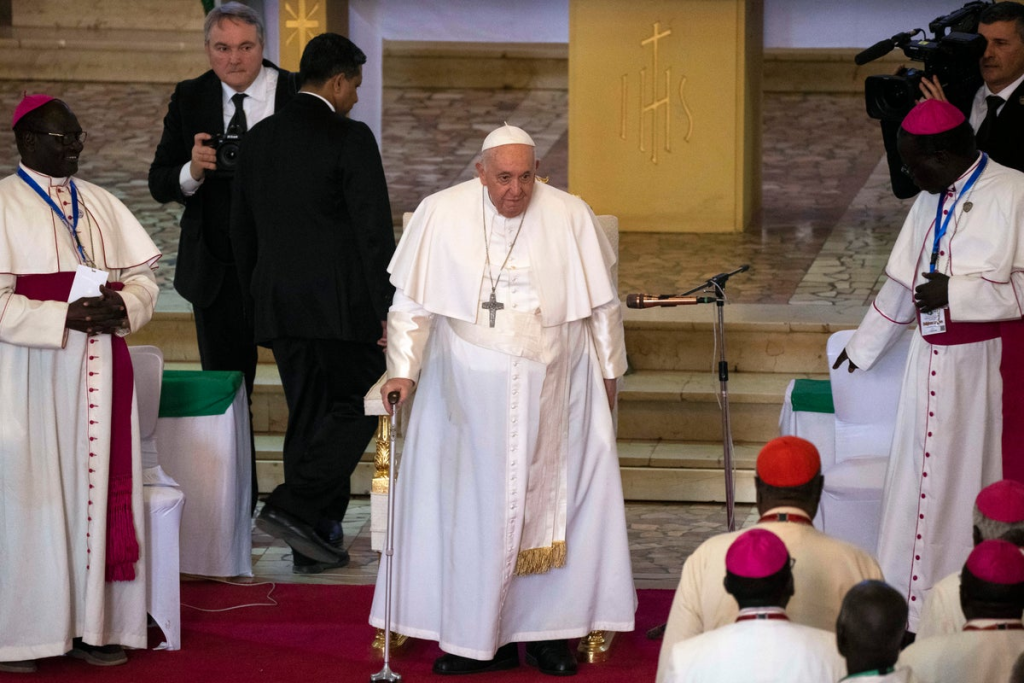When Will People Choose the Path of Life? A Father’s Plea for Peace in Sudan
When Will People Choose the Path of Life? A Father’s Plea for Peace in Sudan

In December 2018, Sudan was engulfed in a wave of protests against President Omar el-Bashir’s regime. The demonstrations, driven by fuel shortages, a currency crisis, and soaring bread prices, ultimately led to the overthrow of the government. However, the fight for a democratic civilian regime came at a high cost, with hundreds of young men and women losing their lives. Among them was Abdel Rahman Sumel, a 20-year-old university student, who was killed by Sudan’s security forces during a peaceful march in Khartoum.
In the wake of this tragedy, Abdel Rahman’s father, Alsadiq, along with other bereaved families, established the Martyrs’ Families Organization. Their mission: to seek justice and ensure that the cause their children died for – freedom, peace, and justice for Sudan – becomes a reality. In a heartfelt letter addressed to his deceased son, Alsadiq reflects on the ongoing violence in their country and pleads for a change in mindset. He questions when people will choose the path of life instead of perpetuating a cycle of bloodshed and revenge.
The Devastation of War

As war broke out in Sudan, the destruction and loss expanded, leaving families shattered and communities in ruins. Amidst the chaos, Alsadiq shares his realization that Abdel Rahman was fortunate to have received a proper burial, unlike many others who were killed during the conflict. Countless loved ones were hastily buried in unmarked graves, denying their families a place to mourn and honor their memory. Some bodies were left to decay by the side of the road, a stark reminder of the shame and disregard for human life.
Alsadiq mourns the fact that his son’s blood has been overshadowed by the countless lives lost since his death. He laments the increasing complexity of the situation, as people become driven by a narrow perspective and seek revenge through the spilling of more blood. This cycle of violence, Alsadiq argues, must come to an end, as every drop of blood shed in Sudan affects the entire nation. He implores his fellow countrymen to recognize the unacceptable nature of taking another person’s life and to unite against the attacks on the fundamental right to life.
The Erosion of Forgiveness

In times of immense violations and suffering, Alsadiq acknowledges the difficulty of discussing forgiveness. The widespread attacks on lives and properties have made forgiveness seem like an unattainable concept. The desire for revenge is natural when faced with such atrocities. As violence becomes an accepted norm, Alsadiq finds himself retreating into silence, for how can his voice be heard amidst the overwhelming grief and shock of those who have lost loved ones?
A Divided Nation

Alsadiq reflects on the growing division within Sudanese society. Disagreements erupt even before a conversation begins, as anyone who criticizes those in power is branded a criminal. Lives, money, and dignity have become mere pawns in the battles of the powerful. Those who advocate for war do so to maintain their grip on power, while those who oppose them seek a different form of control. Meanwhile, those who simply desire peace and life are disregarded and overlooked.
The country remains deeply divided over the war, with some individuals aligning themselves with government institutions out of a misplaced sense of pride and loyalty. They view any opposing viewpoints as treasonous and believe that bloodshed and death are justified consequences. Alsadiq emphasizes that many fail to see the root cause of the current situation – the violation of people’s rights. The population is scattered, detached from their once independent lives, some relying on savings while others depend on the support of relatives and friends. Tragically, some have fallen victim to opportunistic merchants who exploit scarcity for personal gain.
The Urgent Need for Change
Alsadiq wonders how much more bloodshed and destruction the people of Sudan need to endure before they realize that the rule of law, justice, and civil institutions are the only means of protecting themselves from further violence. He passionately implores his fellow citizens to choose the path of life and embrace the values that will lead to a peaceful and prosperous nation.
Conclusion
In his heartfelt letter to his deceased son, Abdel Rahman, Alsadiq shares his deep anguish over the ongoing violence in Sudan. He mourns the loss of countless lives and the destruction that has befallen his country. Alsadiq calls for a shift in mindset, urging his fellow Sudanese to reject the cycle of bloodshed and revenge and instead choose the path of life. He emphasizes the need for unity, the recognition of the value of every human life, and the pursuit of justice and peace. Alsadiq’s plea serves as a poignant reminder that the future of Sudan lies in the hands of its people, and it is up to them to determine when the path of life will prevail over the path of violence.



